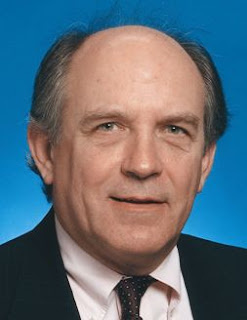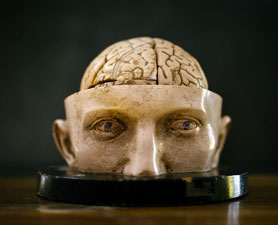Or, as Henry David Thoreau said, “Read the best books first, or you may not have a chance to read them at all."
Today's recommendation is Seneca's Letters from a Stoic. The title is a bit off-putting, I admit, but you will be surprised at how accessible the book is, and how useful. The book consists of a series of letters from Seneca to a younger colleague, so the tone is informal, friendly, offering guidance and advice, not lectures or abstract discourses. In Seneca's time, philosophy was presumed to be practical -- a guide to help one lead a good life (and, by the way, die a good death).
More quotes are below the cover image, to give a sense of the book. The Robin Campbell translation from the Latin is the standard, by the way, seemingly for good reason. As a general rule, when choosing from among various translation options, it is best to read a few pages from each version (e.g., The Iliad translated by Fagles, Lattimore, or Lombroso) and see which one you would prefer to continue reading.
“In a single day there lies open to men of learning more than there ever does to the unenlightened in the longest of lifetimes.”
“No one is so ignorant as not to know that some day he must die. Nevertheless when death draws near he turns, wailing and trembling, looking for a way out. Wouldn’t you think a man an utter fool if he burst into tears because he didn’t live a thousand years ago? A man is as much a fool for shedding tears because he isn’t going to be alive a thousand years from now.”
"Make yourself everyday a better man."
"Avoid shabby attire, long hair, an unkempt beard...and all other misguided means of self-advertisement."
"No one confines his unhappiness to the present." (i.e., we are tormented by foresight and memory)
"It is in the times of security that the spirit should be preparing itself to deal with difficult times."
"God is near you, is with you, is inside you...there resides within us a divine spirit, which guards us and watches us in the evil and the good that we do."
"Treat your inferiors as you would have your superiors treat you."
Philosophers are "called in to help the unhappy."
"Every life without exception is a short one."
Lucius Annaeus Seneca, statesman, philosopher, advocate and man of letters, was born at Cordoba in Spain around 4 BC. He rose to prominence in Rome, pursuing a career in the courts and political life, for which he had been trained, while also acquiring celebrity as an author of tragedies and essays. Falling foul of successive emperors (Caligula in AD 39 and Claudius in AD 41), he spent eight years in exile, allegedly for an affair with Caligula’s sister. Recalled in AD 49, he was made praetor and was appointed tutor to the boy who was to become, in AD 54, the emperor Nero. On Nero’s succession, Seneca acted for some eight years as an unofficial chief minister. The early part of this reign was remembered as a period of sound government, for which the main credit seems due to Seneca. His control over Nero declined as enemies turned the emperor against him with representations that his popularity made him a danger, or with accusations of immorality or excessive wealth. Retiring from public life he devoted his last three years to philosophy and writing, particularly the Letters to Lucilius. In AD 65 following the discovery of a plot against the emperor, in which he was thought to be implicated, he and many others were compelled by Nero to commit suicide. His fame as an essayist and dramatist lasted until two or three centuries ago, when he passed into literary oblivion, from which the twentieth century has seen a considerable recovery.














